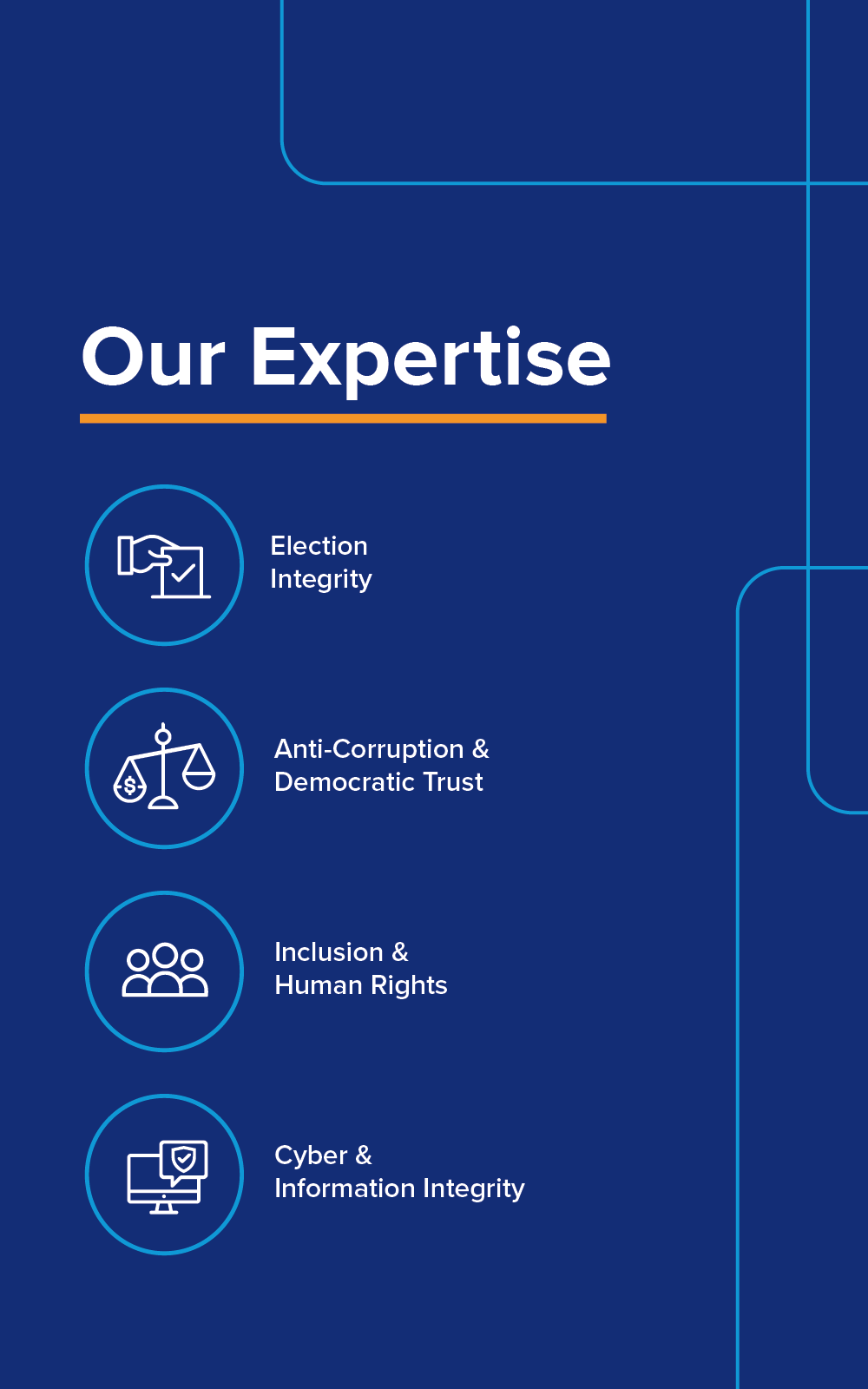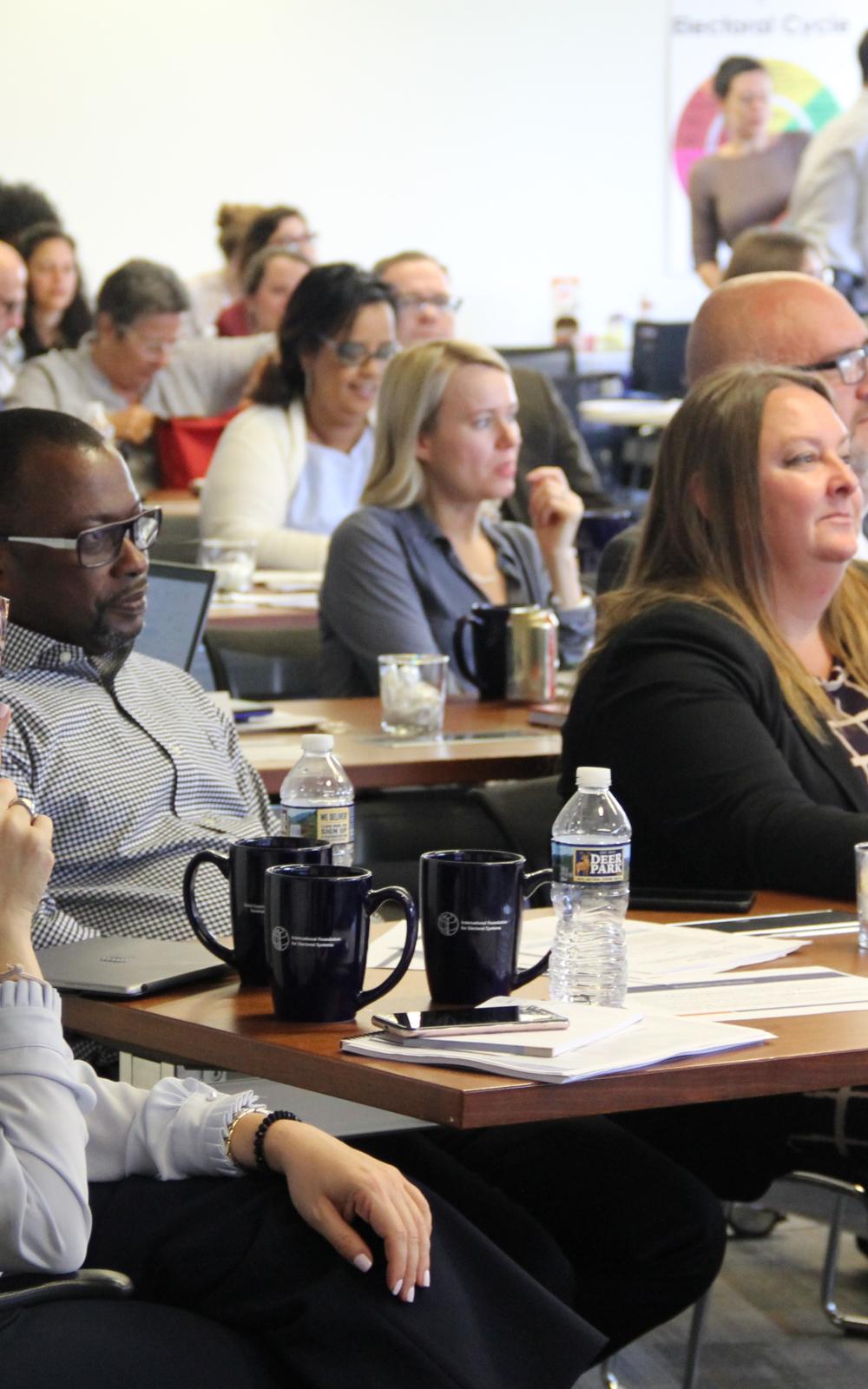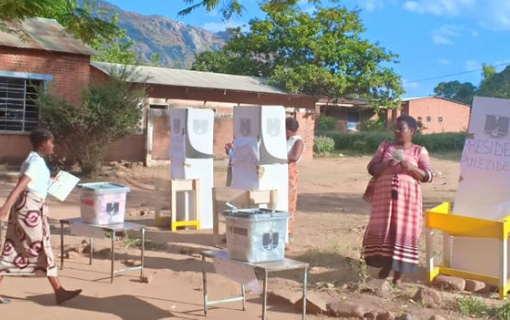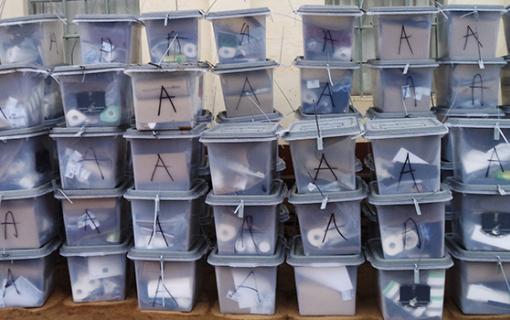Malawi
The 2019 tripartite elections were Malawi’s sixth since the introduction of multiparty politics in 1993. Though past elections in Malawi were relatively free of conflict and violence, incidents of political violence, especially involving youth, have become more common. Ultimately, these events contributed to a loss of public confidence in the Malawi Electoral Commission (MEC) and Malawi’s electoral processes and institutions in general as was evidenced by the nullification of the 2019 election results. A fresh presidential election was ordered by the court in 2020 where the results were ultimately accepted. Through the Malawi Electoral Integrity Program (MEIP) partnership funded by the U.S. Agency for International Development, IFES provided technical assistance to the MEC to update and develop electoral procedures. By collaborating with civil society organizations (CSOs), governmental actors and election management bodies and strengthening citizens knowledge of the electoral process, MEIP supported building an environment of inclusivity, transparency and accountability in Malawi.
Our Global Expertise




